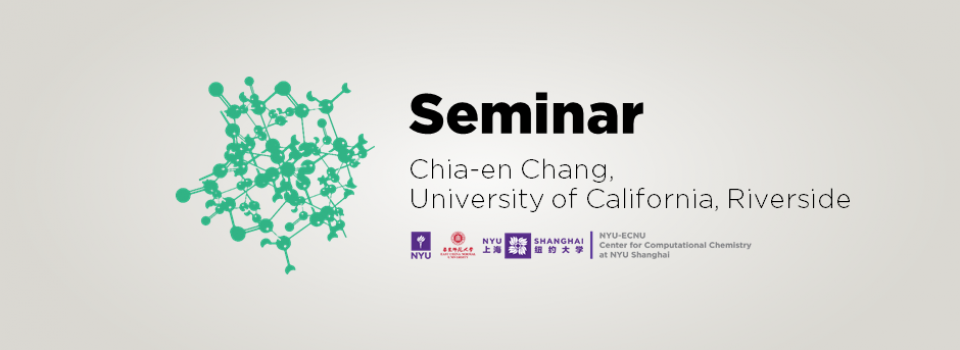
Non-covalent molecular recognition plays a crucial role in biology, chemistry and medicine. Accurately free energy calculations provide mechanistic insights into molecular binding and protein conformational equilibrium, and have practical applications in computer-aided ligand design. In this presentation, I will discuss using a newly developed method to compute the binding free energy of various types of inhibitors to protein kinases. Our computed binding free energies yield excellent agreement with experimental data and reveal the driving forces of binding. In addition, I will discuss design of short peptides that target to the breast-cancer-gene 1 C-terminal (BRCT) domain. Peptides are more flexible than most drug-like compounds, which makes it quite challenging in inhibitor design. We carried out molecular dynamics simulation and free energy calculations to study the dynamics, binding mechanisms, changes of entropy and interaction energies. The findings and implication for peptide design will be discussed in the presentation.
Biography
Dr. Chang received her Ph.D. in Chemistry from the University of Maryland, College Park, at 2003 and carried out her post-doctoral research at University of Maryland Biotechnology Institute (2004) and University of California, San Diego and the Howard Hughes Medical Institute (2005-2007). She was awarded several awards such as the CAREER award from the US National Science Foundation (2014) and HP Outstanding Junior Faculty Award (2009). Her research has been supported by the US National Institute of Health, National Science Foundation, and the University of California. The Chang group works on the development and application of computational methods and theoretical models to address medically and chemically important problems.


